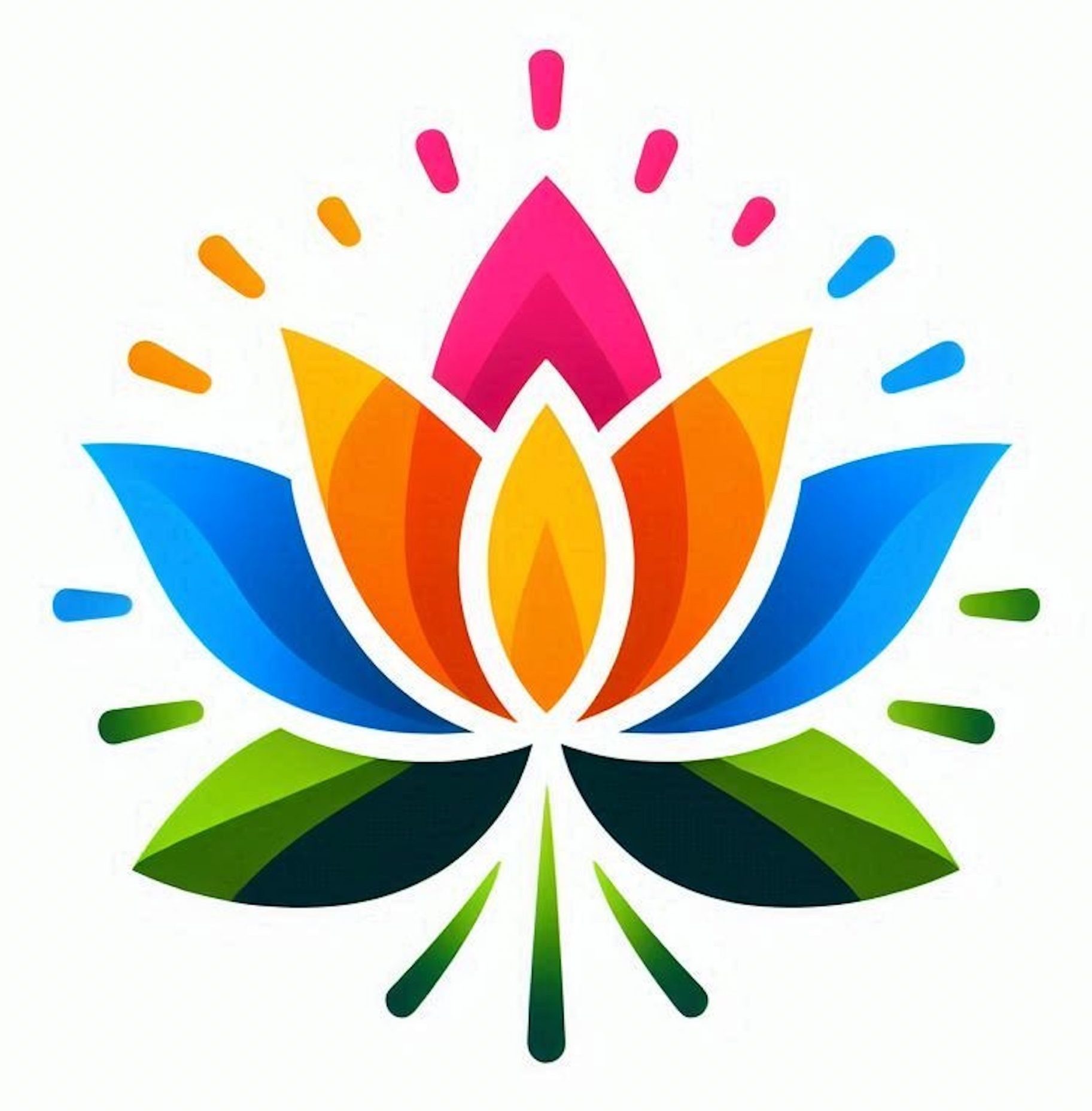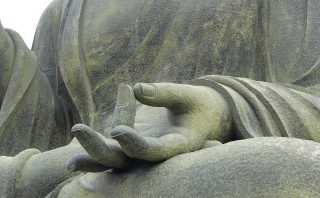In today’s digital era, the sheer abundance of information available at our fingertips has created a paradox: while access to knowledge has never been easier, discerning truth from falsehood has become increasingly challenging. This phenomenon affects many aspects of our lives, including our ability to pray, distinguish right from wrong, and form well-founded opinions.
The Age of Information Abundance
Before the internet revolution, information was largely sourced from reputable, edited materials such as encyclopedias like Britannica. These sources underwent rigorous verification processes, providing a level of trust and reliability that is often missing in today’s digital content. Obtaining information required effort, encouraging deeper engagement and critical thinking.
The Digital Deluge
Contrastingly, the internet has ushered in an era of information bombardment. News, opinions, and data flood our screens relentlessly, often without filters or verification. This constant influx can overwhelm individuals, making it difficult to process and evaluate the veracity of the information.
Challenges in Identifying Truth
One of the significant issues today is the difficulty in distinguishing credible sources from unreliable ones. The democratization of content creation means that anyone can publish information, regardless of its accuracy. This has led to a proliferation of misinformation and disinformation, further complicating the task of identifying what is true.
The Impact on Decision-Making and Morality
This deluge of unverified information affects our moral compass and decision-making abilities. People struggle to identify right from wrong when bombarded with conflicting viewpoints and dubious facts. The erosion of trust in traditional sources of authority and wisdom, such as elders or experienced individuals, exacerbates this issue.
The Role of Age and Wisdom
In the pre-internet age, wisdom was often derived from life experiences and knowledge passed down through generations. Today, the value of age-old wisdom is sometimes overshadowed by the perceived authority of information obtained from so-called researched sources online. However, this information can be misleading or outright false, leading to misguided beliefs and actions.
The Effort of Verification
While encyclopedias and other traditional sources required effort to consult, the internet’s instant accessibility has removed this barrier. Unfortunately, this convenience can lead to complacency, where individuals accept information at face value without critical evaluation. The onus is now on the individual to verify facts, which requires skills in media literacy and critical thinking that many may lack.
Conclusion
The challenge of navigating the vast ocean of information in the digital age is profound. It demands a renewed focus on critical thinking, media literacy, and a cautious approach to accepting information. By understanding the pitfalls of information overload and striving to verify the sources of our knowledge, we can better navigate the complexities of the modern world and make more informed, ethical decisions.
In the end, while the internet offers unparalleled access to information, it is up to us to discern truth from falsehood and make thoughtful, informed choices amidst the noise.






